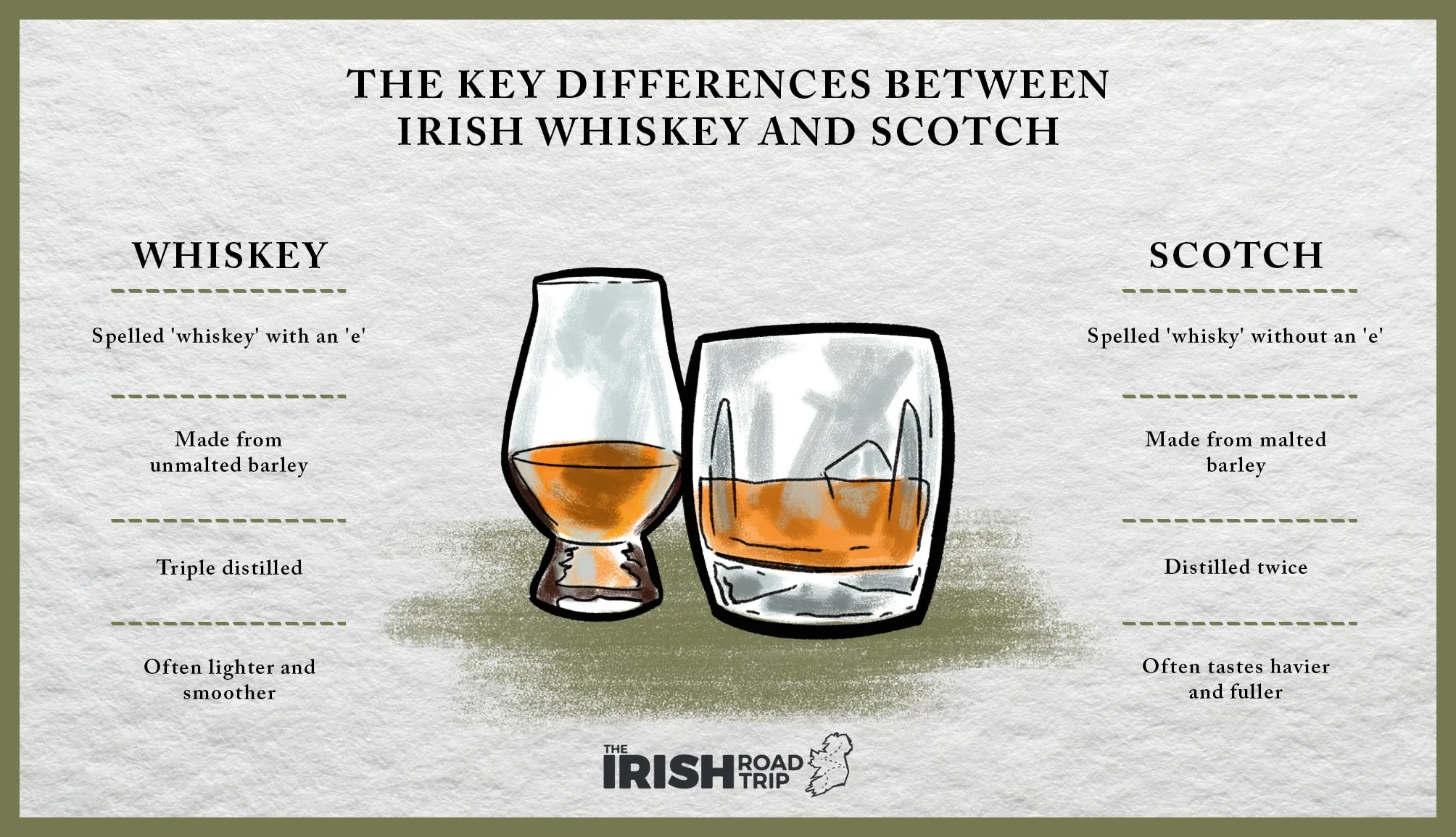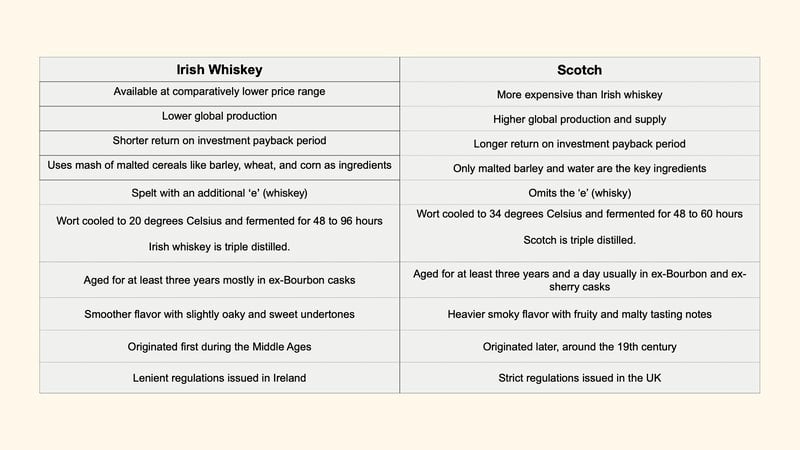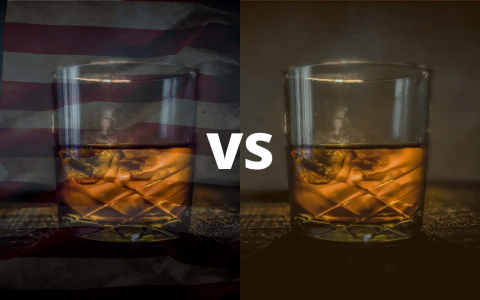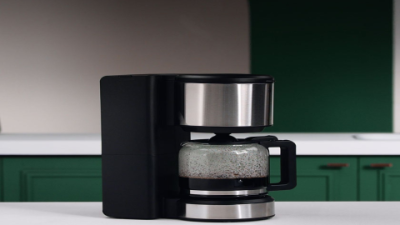1. The Origins: Where Did Scotch and Whiskey Come From?
Have you ever wondered where Scotch and whiskey actually come from? It’s pretty fascinating! Scotch whisky, spelled without the “e” in Scotland, has been around since the 15th century. It’s deeply rooted in Scottish tradition and culture. On the other hand, whiskey has a wider story, with strong ties to Ireland and the United States. Irish whiskey is known as one of the oldest distilled spirits, while American whiskey, including bourbon and rye, developed later in the 18th century. Each has its own unique journey that shapes what you taste today.
2. Geography Matters: Why Location Defines Scotch and Whiskey

One of the biggest things that sets Scotch apart from whiskey is where it’s made. Scotch has to be made in Scotland to earn that name, and it follows strict rules to protect its identity. Whiskey, however, can be made all over the world—think Ireland, the US, Canada, even Japan. The place where it’s made really influences the flavor. Scotland’s cool climate and pure water give Scotch its distinct character, while whiskey styles vary widely depending on their country of origin.
3. What’s Inside? Ingredients and Distillation Secrets
What’s actually in your bottle? Both Scotch and whiskey start with grains, water, and yeast, but the details make a big difference. Scotch mostly uses malted barley, while whiskey can be made from corn, rye, barley, or wheat. The water used in Scotland is famously pure, which adds to Scotch’s special taste. Distillation also varies: Scotch is usually distilled twice, Irish whiskey three times, and bourbon once or twice. These little differences in ingredients and process create the unique flavors you enjoy.
4. Flavor Explosion: What Does Scotch Taste Like Compared to Whiskey?
Ready to explore the flavors? Scotch often has a smoky, earthy taste thanks to peat used in the malting process. Bourbon, an American favorite, tends to be sweeter with notes of vanilla and caramel. Irish whiskey is usually lighter and fruitier, making it smooth and easy to drink. Beyond those, you might notice nutty, woody, or floral hints depending on the brand and aging. Each type offers its own flavor adventure.
5. Types of Scotch and Whiskey: What Are Your Options?
Not all Scotch or whiskey is the same, and knowing the types can help you pick your favorite. Single malt Scotch is made from malted barley at one distillery and is often prized for its rich flavors. Blended Scotch mixes malt and grain whiskies for a balanced taste. Bourbon, mostly made from corn, is the classic American whiskey, while rye whiskey is spicier and can come from the US or Canada. Irish whiskey is known for its smoothness, often triple-distilled for extra softness. There’s a style for every palate!
6. Aging Like Fine Wine: How Barrels Shape Scotch and Whiskey
Aging is where the magic really happens. Scotch must be aged for at least three years, while bourbon usually needs at least two. The type of barrel matters too—oak barrels, often charred or smoked, add flavors like vanilla, spice, and caramel. Climate plays a role as well; warmer places speed up aging, cooler ones slow it down. Scotch often uses barrels that previously held bourbon, which adds extra layers of flavor. The aging process is what turns raw spirit into a smooth, complex drink.
7. Culture and Cocktails: How Scotch and Whiskey Fit Into Your Life

Scotch and whiskey aren’t just drinks—they’re part of lifestyles and traditions. Some people love to sip their whiskey neat or on the rocks to really savor it. Others enjoy classic cocktails like the Old Fashioned or Whiskey Sour. Food pairings are popular too, with cheese, chocolate, and smoked meats enhancing the experience. Around the world, whisky festivals and whiskey bars celebrate these spirits, making them a fun part of social life and culture.
8. Price Check: How Much Should You Spend on Scotch vs Whiskey?
Wondering how much you should spend? Age is a big factor—older whiskies tend to cost more. Brand reputation also plays a role; famous distilleries usually charge a premium. Limited editions and small-batch releases can be pricier because they’re rare. Where you buy matters too—sometimes you can find great deals online or at duty-free shops. But don’t worry, there are plenty of affordable options that still taste fantastic.
9. Health Facts: What You Should Know About Drinking Scotch and Whiskey
Enjoying Scotch or whiskey in moderation can be part of a healthy lifestyle, but it’s important to separate fact from fiction. Drinking responsibly is key—too much alcohol is never good. Some studies suggest whiskey contains antioxidants, which might have health benefits, but it’s no miracle cure. Whiskey is low in sugar, but watch out for sugary mixers if you’re counting calories. And forget the old myths—whiskey won’t cure your cold or hangover, no matter what your friends say!
10. Busting Myths: Common Misconceptions About Scotch and Whiskey
Let’s clear up some common misunderstandings:
- Not all whiskey tastes the same—there’s a huge variety of flavors.
- Scotch isn’t always smoky; only some types have that peat flavor.
- Whiskey spelling depends on where it’s made—Scotch drops the “e.”
- Older whiskey isn’t always better; taste matters more than age.
- Whiskey doesn’t have to be drunk neat—cocktails can be amazing.
- Bourbon and Scotch are different drinks from different countries.
- Whiskey isn’t just for older folks—it’s for anyone who enjoys good spirits!
Now that you’ve got the lowdown on what makes Scotch and whiskey different, you’re ready to explore and enjoy with confidence. Whether you prefer the smoky charm of Scotch or the sweet warmth of bourbon, there’s a whole world of flavors waiting for you. Cheers to your next great sip!



